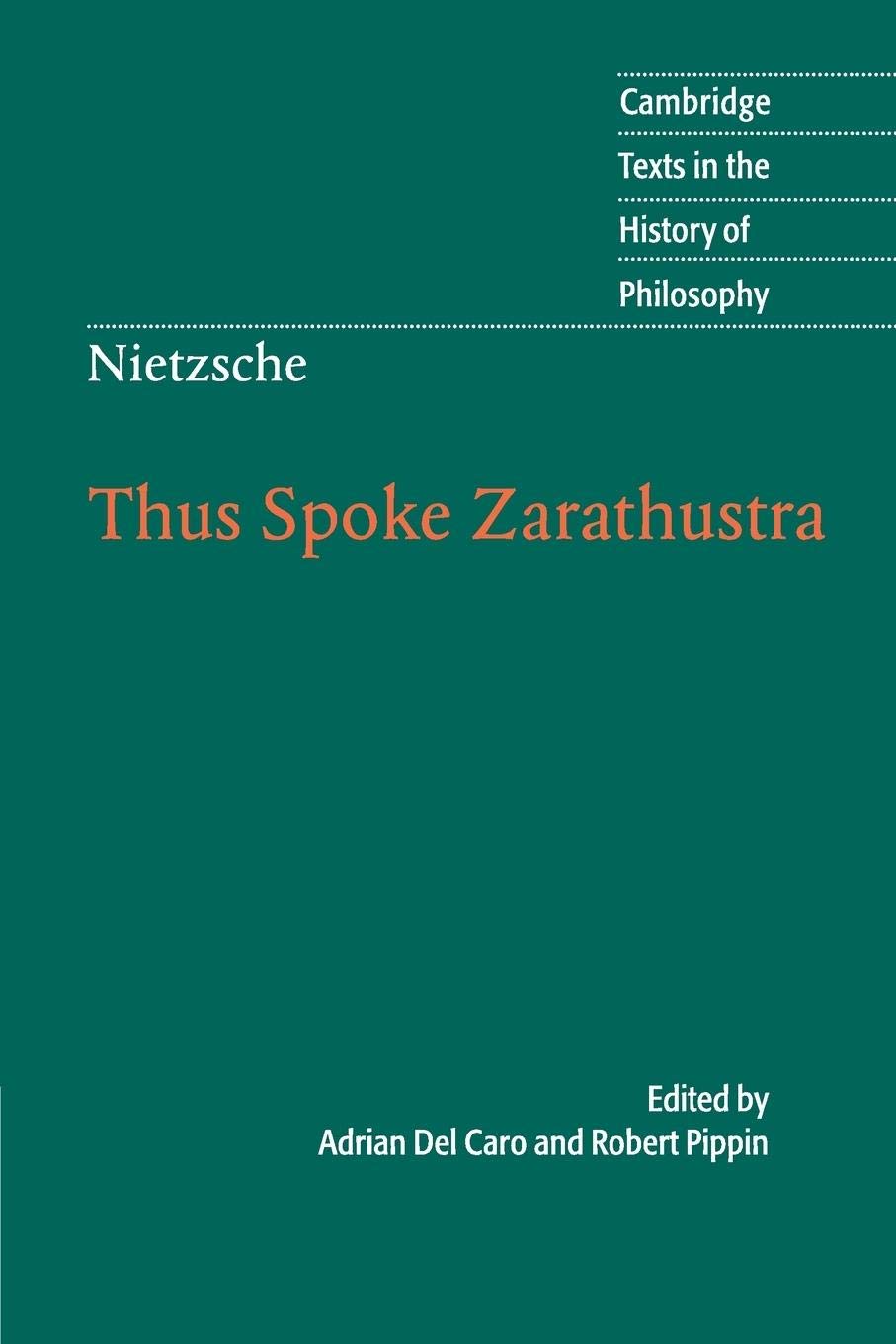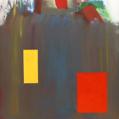gesang reviewed Thus Spoke Zarathustra by Friedrich Nietzsche (Cambridge Texts in the History of Philosophy)
False Solemnity with Theatrical Exuberance
3 stars
So there's a tendency in Nietzsche's fans that whenever you criticize Nietzsche they think that's because you don't understand him. In this aspect Nietzsche is very similar to Wagner: if you criticize Wagner it must be that you don't understand the passionate solemnity of Wagner.
This is a great work but equally a profoundly flawed work. In fact I never liked it. I liked Nietzsche's other writings, in spite of their self-contradictions and outright stupidities, I liked, but this book is just much too theatrical. It's a work for the moderns who no longer understand what "solemnity" precisely means. So they'll be immersing themselves in Wagner's, Mahler's, and Bruckner's nearly hysterical sound masses and exclaim "solemn" and "magnificent" without realizing that this sensual chaos has nothing that solemn or "transcendental" per se. I used the word "transcendental", then Nietzsche's fans will be like, no I don't want transcendence I …
So there's a tendency in Nietzsche's fans that whenever you criticize Nietzsche they think that's because you don't understand him. In this aspect Nietzsche is very similar to Wagner: if you criticize Wagner it must be that you don't understand the passionate solemnity of Wagner.
This is a great work but equally a profoundly flawed work. In fact I never liked it. I liked Nietzsche's other writings, in spite of their self-contradictions and outright stupidities, I liked, but this book is just much too theatrical. It's a work for the moderns who no longer understand what "solemnity" precisely means. So they'll be immersing themselves in Wagner's, Mahler's, and Bruckner's nearly hysterical sound masses and exclaim "solemn" and "magnificent" without realizing that this sensual chaos has nothing that solemn or "transcendental" per se. I used the word "transcendental", then Nietzsche's fans will be like, no I don't want transcendence I want immanence and I'm faithful to the Earth or whatever. So there's a universal lie that acts as an rhectorical device to segregate Nietzsche's fans from other people who they think are inferior.
Whether they're superior I don't know, it seems plain to me that they're not trying to understand others since this very act of trying to understand leads them to believe that they may not be that unique and that passionate - there's a hidden insecurity in their passion. Anyway, in this childish, hysterical display, I can only see something lamentable rather than something admirable.
Of course they don't want to be admired I know perfectly well. Just see how much resentment and defence they have regarding their uniqueness and passion.
Futile struggle that accomplishes the very feeling of struggle and Amor Fati by means of acting it out. Seeking its own destruction as if it is meaningful somehow. Give it up seriously. This really is a badly written work. It's good for some people, but whomever has read and actually understands this work can only pity and lament Nietzsche's downfall.

